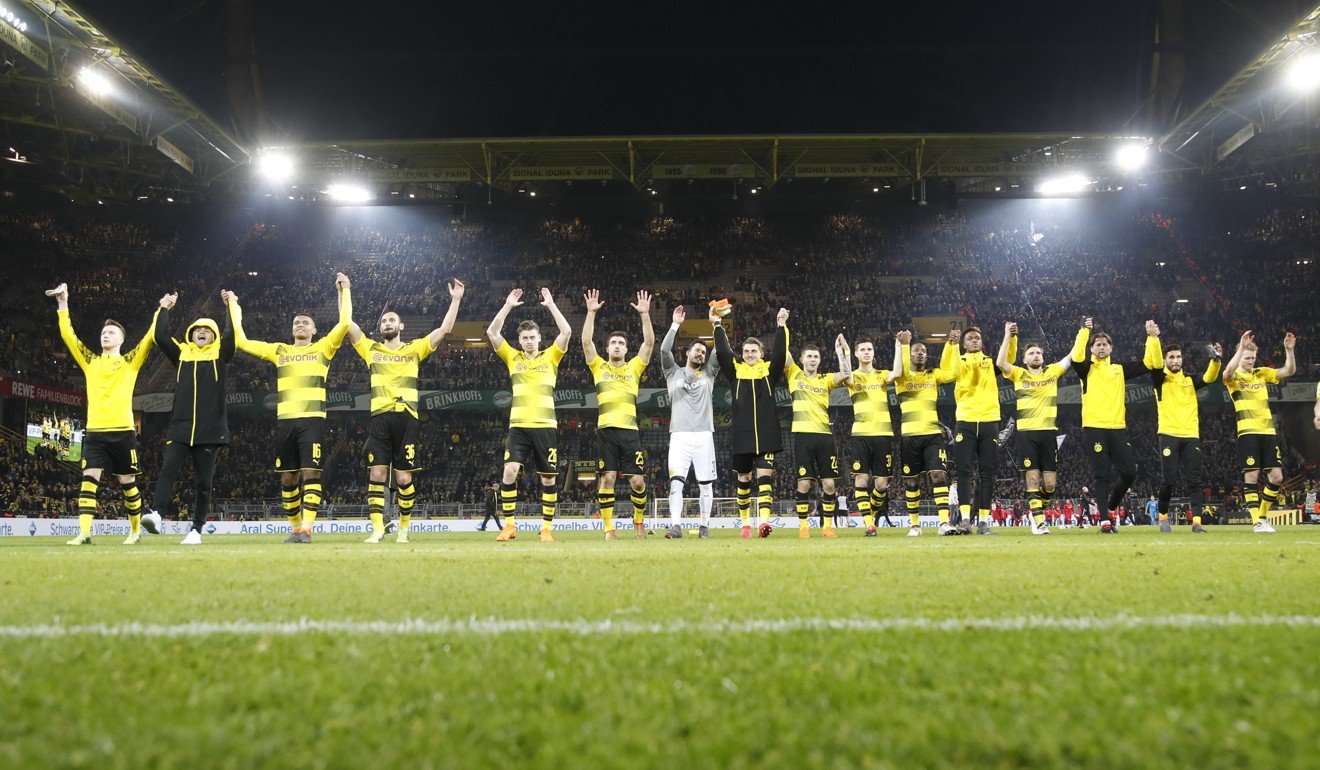
Is time almost up for the Bundesliga’s ‘50+1’ rule? German soccer could be ready to open the door to billionaire owners
World champion country’s restrictive ownership rules are under fire as the league looks to compete with the big-spending super clubs of Europe
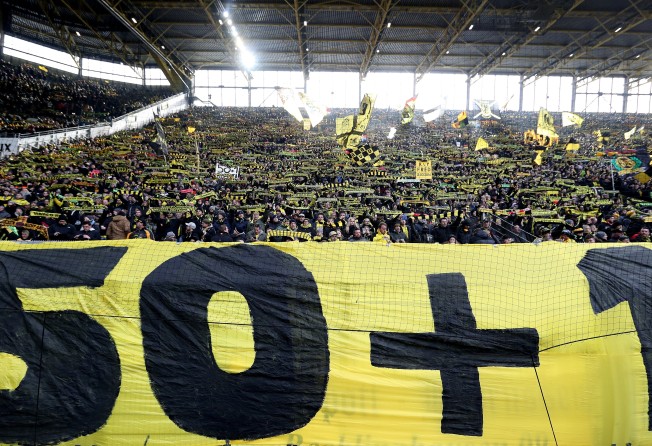
Billionaires have flooded international soccer in recent years, snapping up European teams and stocking them with high-priced superstars. While Germany has largely missed the rush, that could be about to change.
After years of inaction, the German Bundesliga is moving closer to allowing deep-pocketed investors to buy majority stakes in clubs, potentially gaining them more financial firepower to compete with cash-rich teams like Manchester City, Chelsea and Paris Saint-Germain. It’s a contentious issue that’s sparked protests by German fans who fear rising ticket prices and a loss of influence, but legal challenges and loopholes exploited by Red Bull GmbH and SAP SE tycoons are forcing a rethink.

“The league always knew that this was a bit of a shaky rule so they decided to start an open debate about change,” said Alexander Engelhard, a lawyer at Arnecke Sibeth in Frankfurt specialising in sports and antitrust law. Given German and European Union laws on the free movement of capital, “they know they have to deal with this, and they want to deal with it.”
There has been a considerable shift on the issue since the league last voted in 2009, when only one club was in favour of loosening the rule and 32 against. The hardened resistance is down to 16 teams, according to a new poll. To revise the statute, a two-thirds majority of 24 votes is needed.
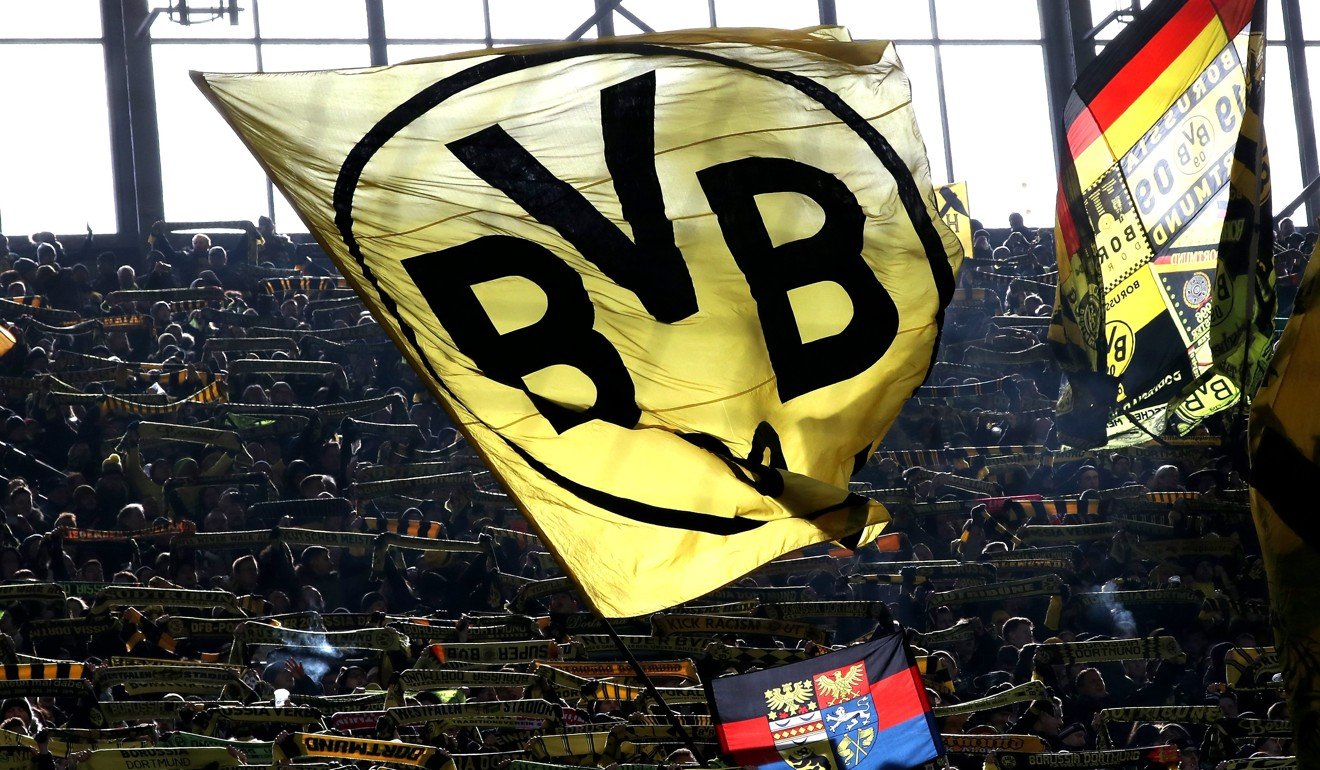
Fans, who fill stadiums to more than 90 per cent average capacity each week, have regularly demonstrated against changing the rule, setting up a website, which says it’s backed by more than 2,800 supporters groups.
“German football stands for a unique atmosphere in the stadiums, for which we are the envy of the world,” said Johannes Steiniger, a member of the German parliament’s sports committee for chancellor Angela Merkel’s Christian Democrats and a part-time soccer coach. “Bayern are the best example that you can be very successful without an oligarch behind you.”
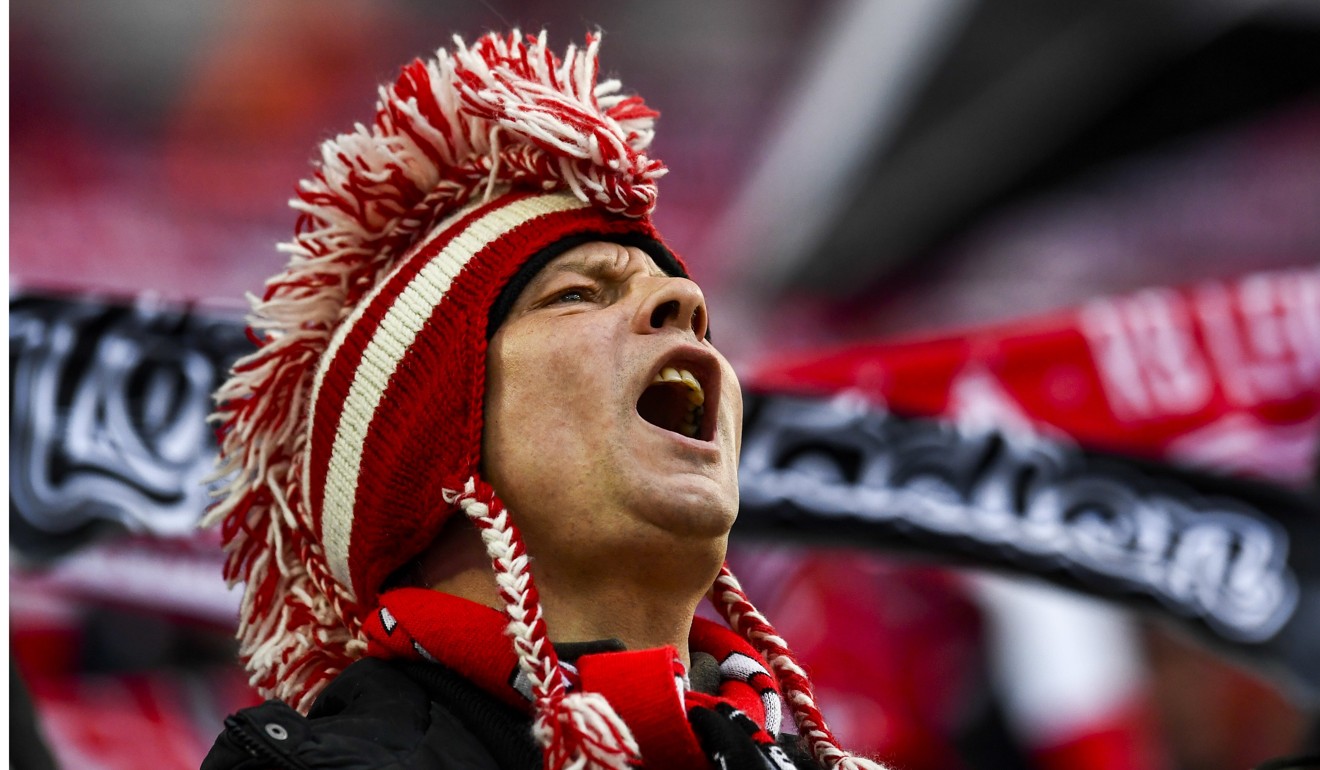
Only two other German clubs are in the top 20 – Borussia Dortmund and FC Schalke – compared with 10 from England’s Premier League. That puts the bulk of German teams out of the race to sign top players as TV cash and money from the Middle East, Russia and Asia drive up transfer fees.
The Munich club’s German dominance is underpinned by investments of 8.3 per cent apiece by corporate powerhouses Adidas AG, Audi AG and Allianz AG, helping it compete with teams in the Premier League, which are buoyed by £2.6 billion (US$3.6 billion, HK$28.9 billion) a year from TV deals.
“I hope that the German Football League will get rid of the 50+1 rule,” Bayern’s CEO Karl-Heinz Rummenigge said in an interview with the German edition of GQ magazine this month. “I would like a bit more competition.”
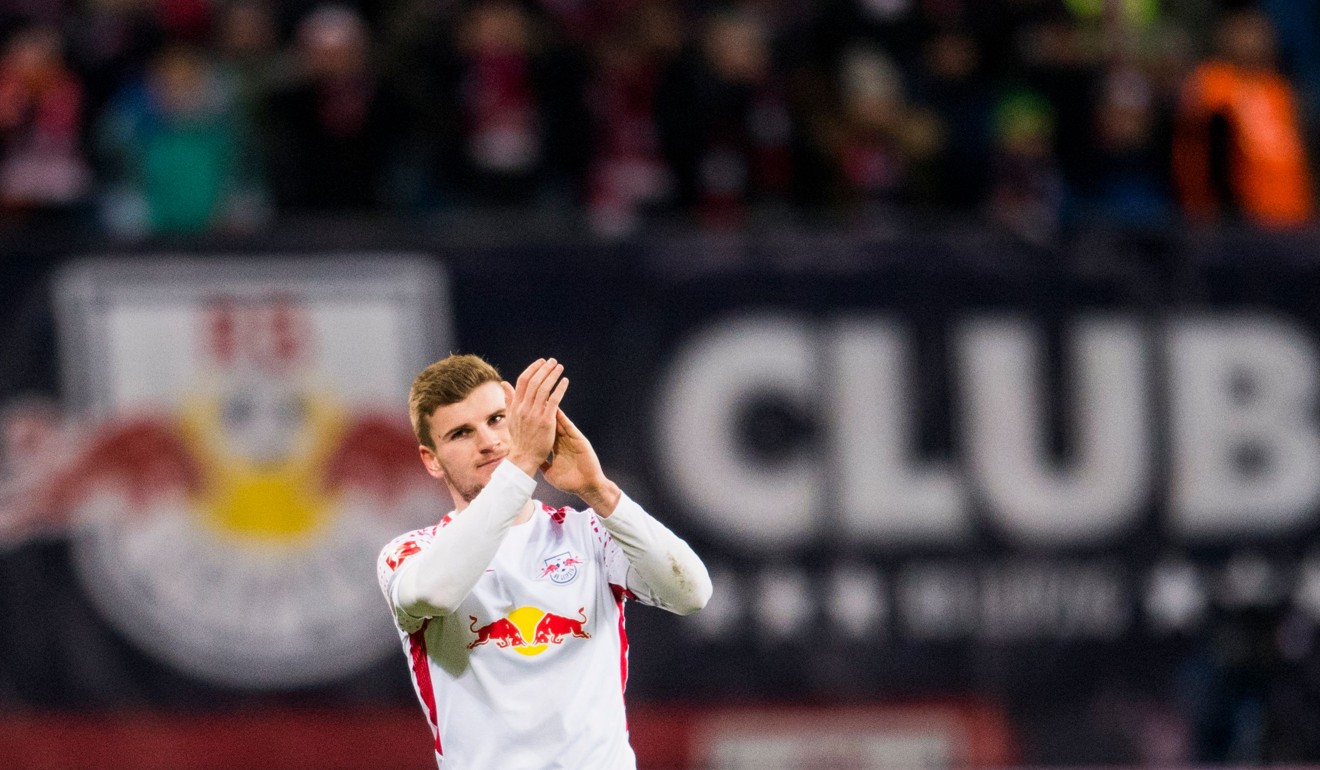
It has become increasingly evident that change is needed. A Jordanian investor in Bayern’s local rivals 1860 Munich filed a challenge to the ownership restrictions with Germany’s Cartel Office last year, and a decision is still pending. Meanwhile, Austrian energy-drink maker Red Bull, run by billionaire Dietrich Mateschitz, flouted the rule by founding their own member association, taking over a tiny eastern German club and building it into a new force in the Bundesliga.
Last season, RB Leipzig qualified for the Champions Leaguein their debut season in Germany’s top flight.
On Sunday, the Red Bull team beat Bayern 2-1 to delay the Munich club from claiming the Bundesliga title for a record-extending sixth consecutive time.
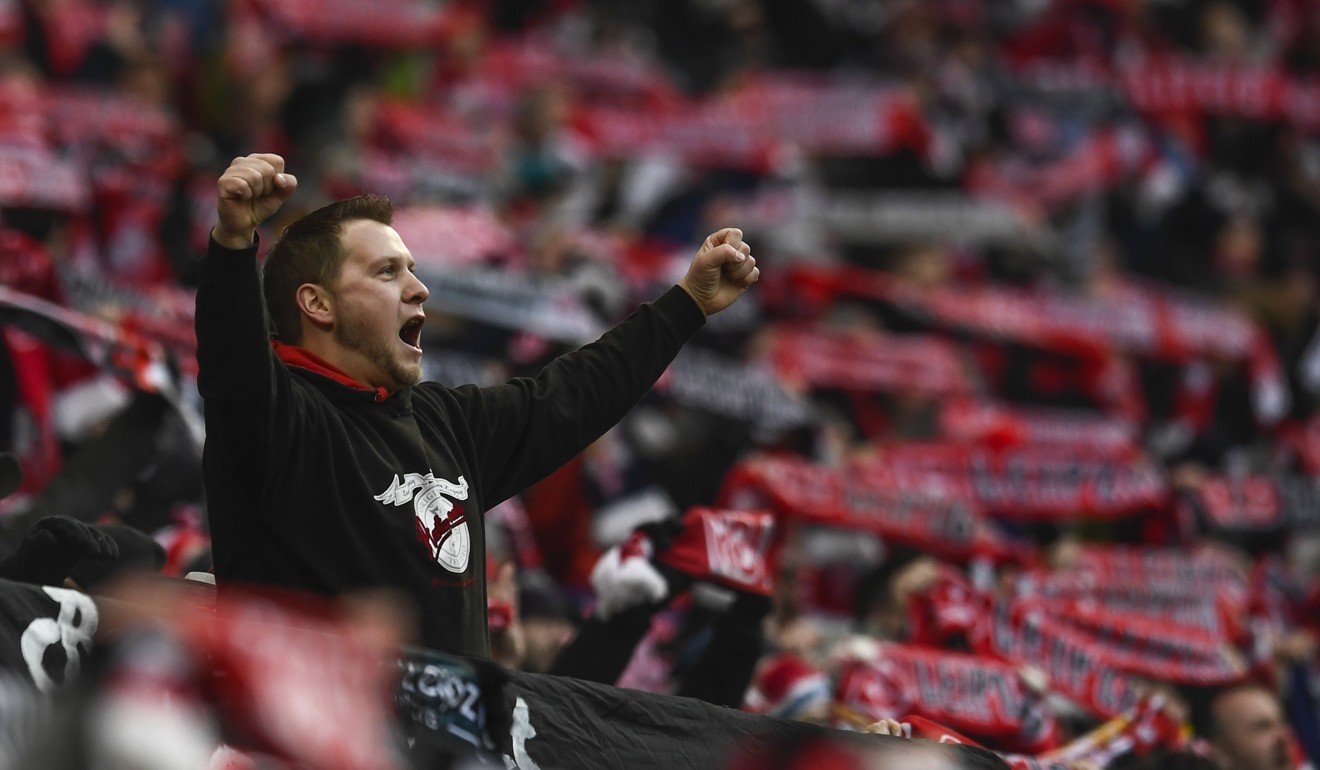
Using the same loophole, Dietmar Hopp, the billionaire co-founder of German software giant SAP, propelled TSG Hoffenheim from obscurity to respectability in the Bundesliga. That’s not a path open to Germany’s other teams under the current investor limits, and more want access to fresh capital.
“Clubs need new sources of finance to reduce the ever-widening gap to the top European teams,” said Michael Schade, managing director at Bayer Leverkusen. “German soccer now has the chance to initiate the necessary reform to the investor rule and set out a legally sound framework. That way we can prevent regulations nobody wants being forced on us by the courts.”